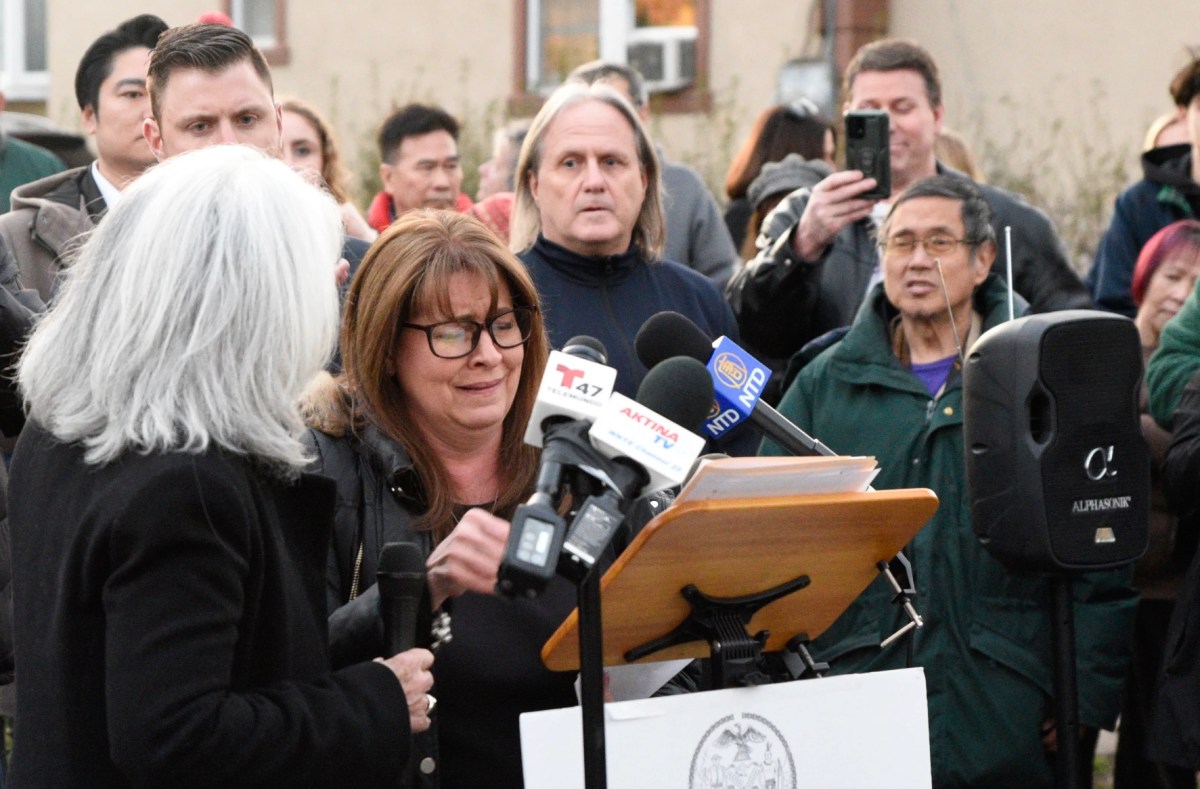How can I be sure I’m purchasing the highest quality “green” goods?
Nicole, Montreal
Whether you’re born to shop or find it a necessary evil, you’re right to suspect that some manufacturers are making vague and misleading claims about their degree of eco-friendliness. It’s called “greenwashing.”
A study by TerraChoice Environmental Marketing tested more than 2,000 self-described environmentally friendly products in North America, and found only 25 were indisputably “sin free.” The rest had been greenwashed.
That means about 98 per cent of items labeled “natural” or “environmentally friendly” are making untrue claims, or committing at least one of what TerraChoice calls “The Seven Sins of Greenwashing.” Kids’ toys, baby products, cosmetics, and cleaners are most often guilty of this deceit.
Take sin number three for example, it’s the “Sin of Vagueness.” It means a claim is so poorly defined or so broad that its true meaning is likely to trick the consumer. A certified label on the other hand, like the USDA Organic, will have a fixed set of regulated standards often verified by an independent or third party organization. Unfortunately, there is no such control over words like “all-natural” on consumer products.
Don’t fret. We made it easy for you to understand labels and claims found on everyday products. Download our Eco-label guide at davidsuzuki.org. It highlights some of the most common certified eco-labels you’ll run into on your path to becoming a sustainable shopper. It’ll help you make informed decisions. After all, you want to reduce your environmental footprint, not get fleeced.
Lindsay Coulter gives you the straight goods on living green. Send your questions to queenofgreen@metronews.ca. For more great tips, visit The David Suzuki Foundation at davidsuzuki.org.
















